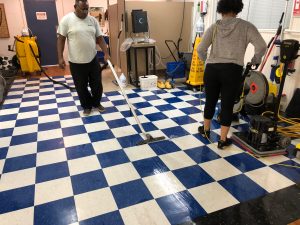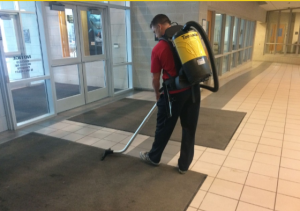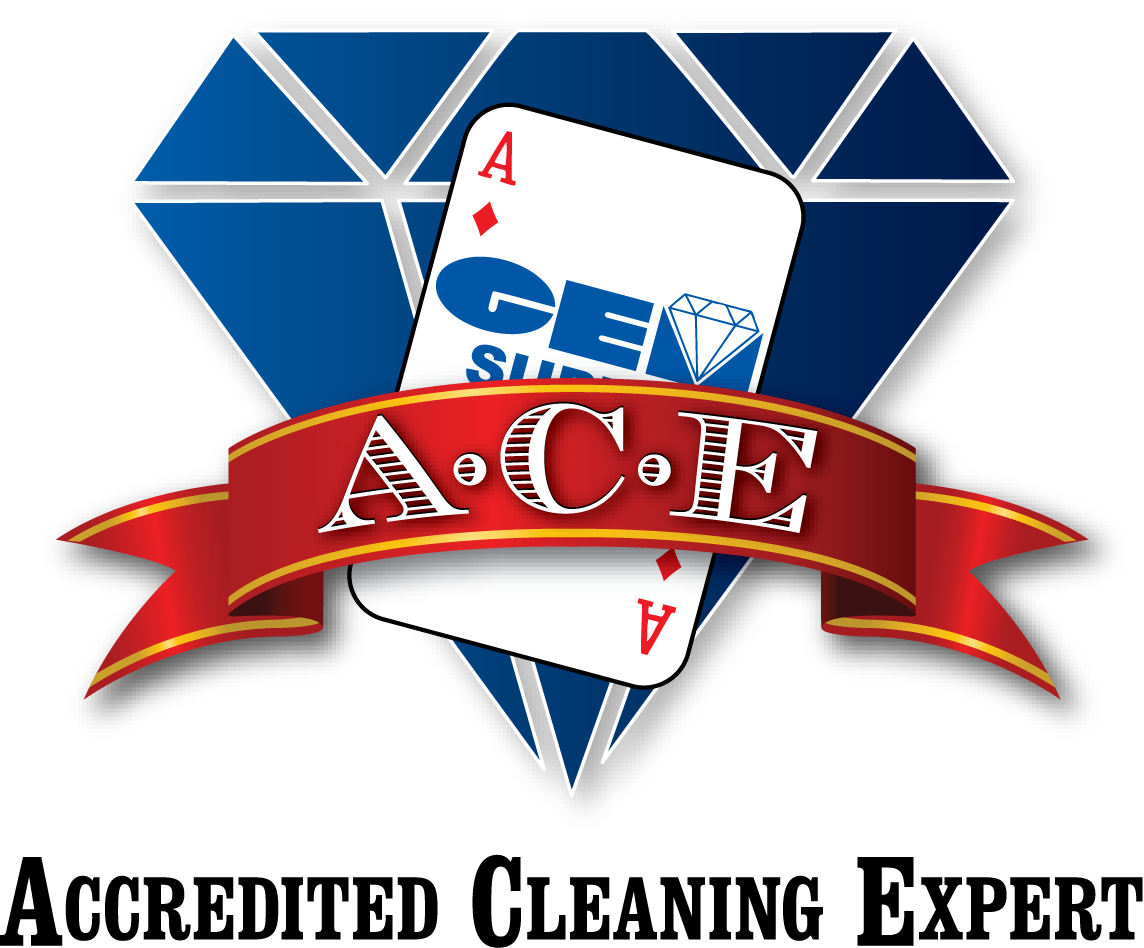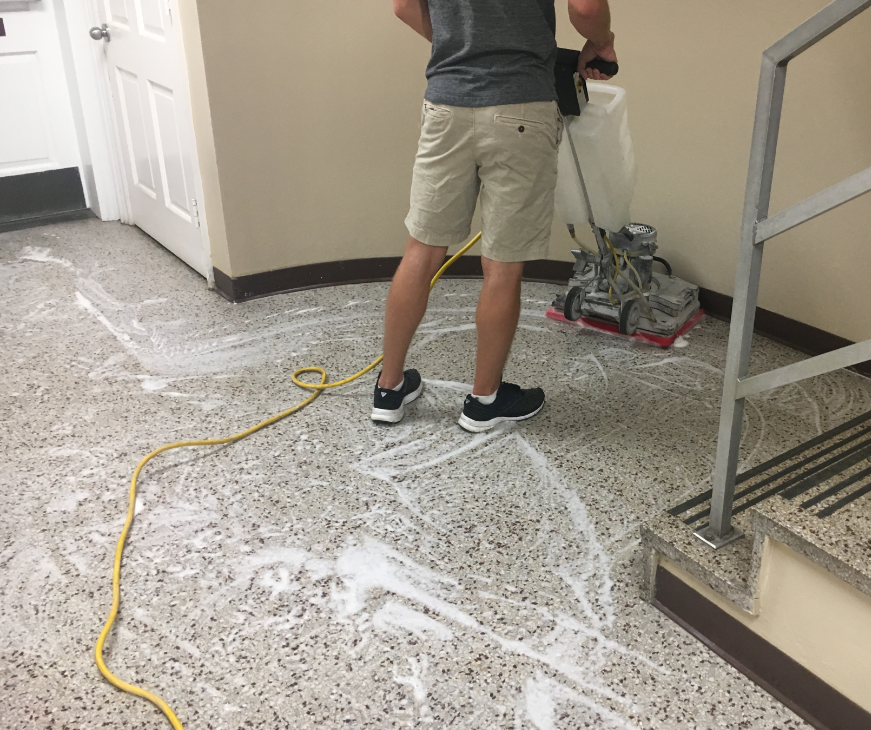Is Your Company Just Maintaining the Status Quo?
Today many operations are struggling to be different. However, they are using the same tools, equipment, chemicals, and supplies as others. Let us ask a question here. “Why are you not spending an equal amount on education and training of your team as you do on the purchase of such items?”
“We can’t afford to spend that kind of money training people; they don’t stay long enough for it to pay.” If this is the way your operation looks at training, then you have an issue that no amount of training will solve.
However, this is only one of the excuses used when the subject of professional development for frontline staff comes up in a management meeting.
 A question might be asked of this same management team, “What happens if you don’t train them and they stay?”
A question might be asked of this same management team, “What happens if you don’t train them and they stay?”
If these individuals do stay and your operation depends on, On the Job Training, then your staff is learning all the shortcuts to keep the boss happy and nothing else.
Now, let us look at the differences between education and training. Knowledge is the explanation and understanding of the why’s of completing a task or job. Training, on the other hand, is the “how to do” of the situation, or if you will, getting the job done. One must come before the other.
Professional development education uses both. Operations who believe they don’t have the time or money to ‘train’ are probably right because they are only training. They haven’t come to understand that to fully engage a new hire, rehire or advance an employee, both education and training must be provided.
Those team members who receive the support of management from both the knowledge of the process, tools, supplies, and equipment and then the training, will then produce a better outcome with said items.
So let us get back to the number of dollars spent on  professional development of the team. I suggest, that if you spend $10,000 on a riding scrubber which has a 10-year life expectancy, that you spend an equal number of dollars in an ongoing education program for the individual who would be maintaining floors.
professional development of the team. I suggest, that if you spend $10,000 on a riding scrubber which has a 10-year life expectancy, that you spend an equal number of dollars in an ongoing education program for the individual who would be maintaining floors.
If you spend $1200 on a battery-powered backpack vacuum, your operation should spend an equal amount on the education of the staff members who maintain the carpets in the building.
You get the idea. Your staff is your most valuable resource, and if your team are to stay, you should look at spend equal amounts of dollars on education and training, as you the tools and equipment they use.
Is your operation where their future is at, or do you have nothing to offer them which will advance your company?
“The future is won by those creating the future, not by those individuals trying to maintain the status quo.”
![]()






